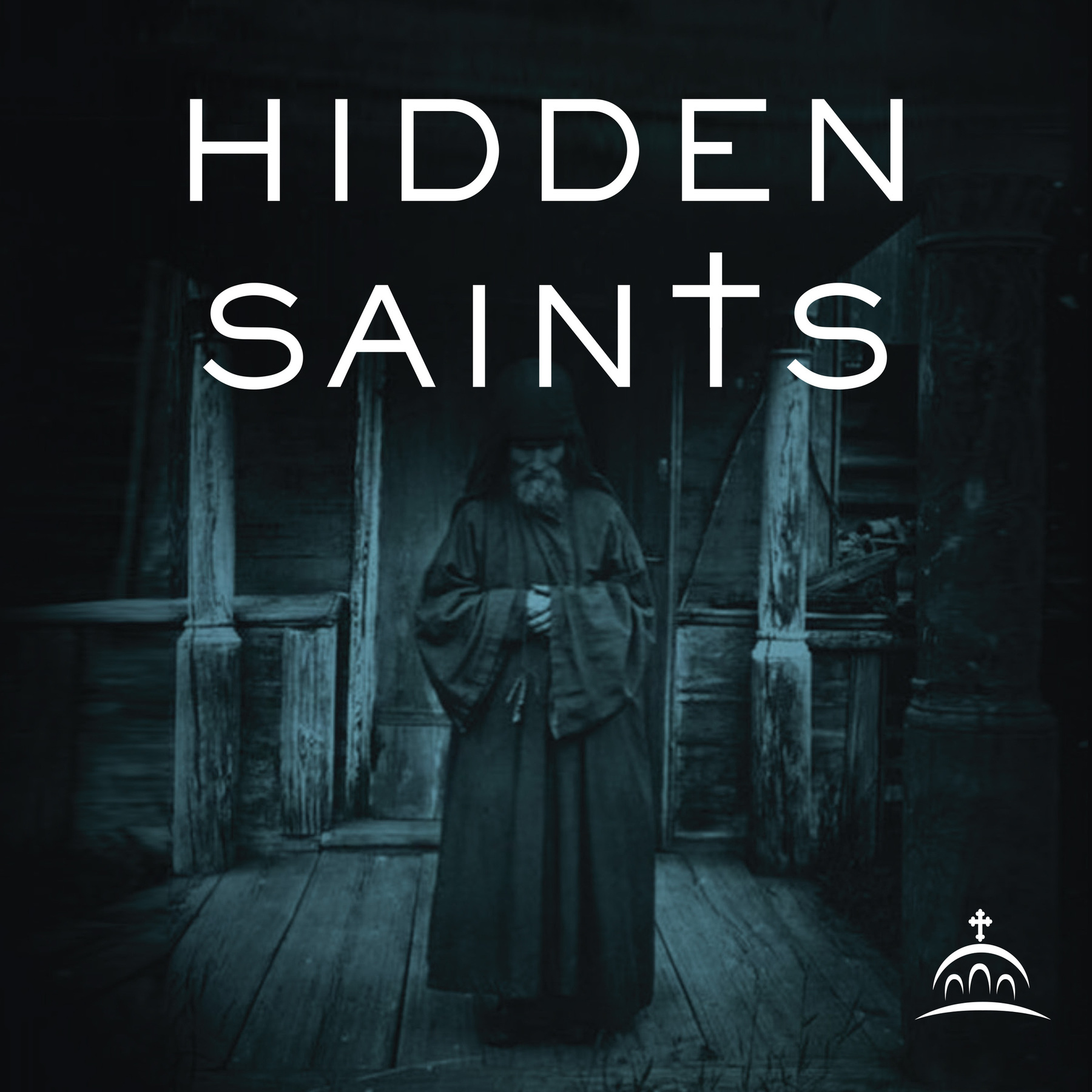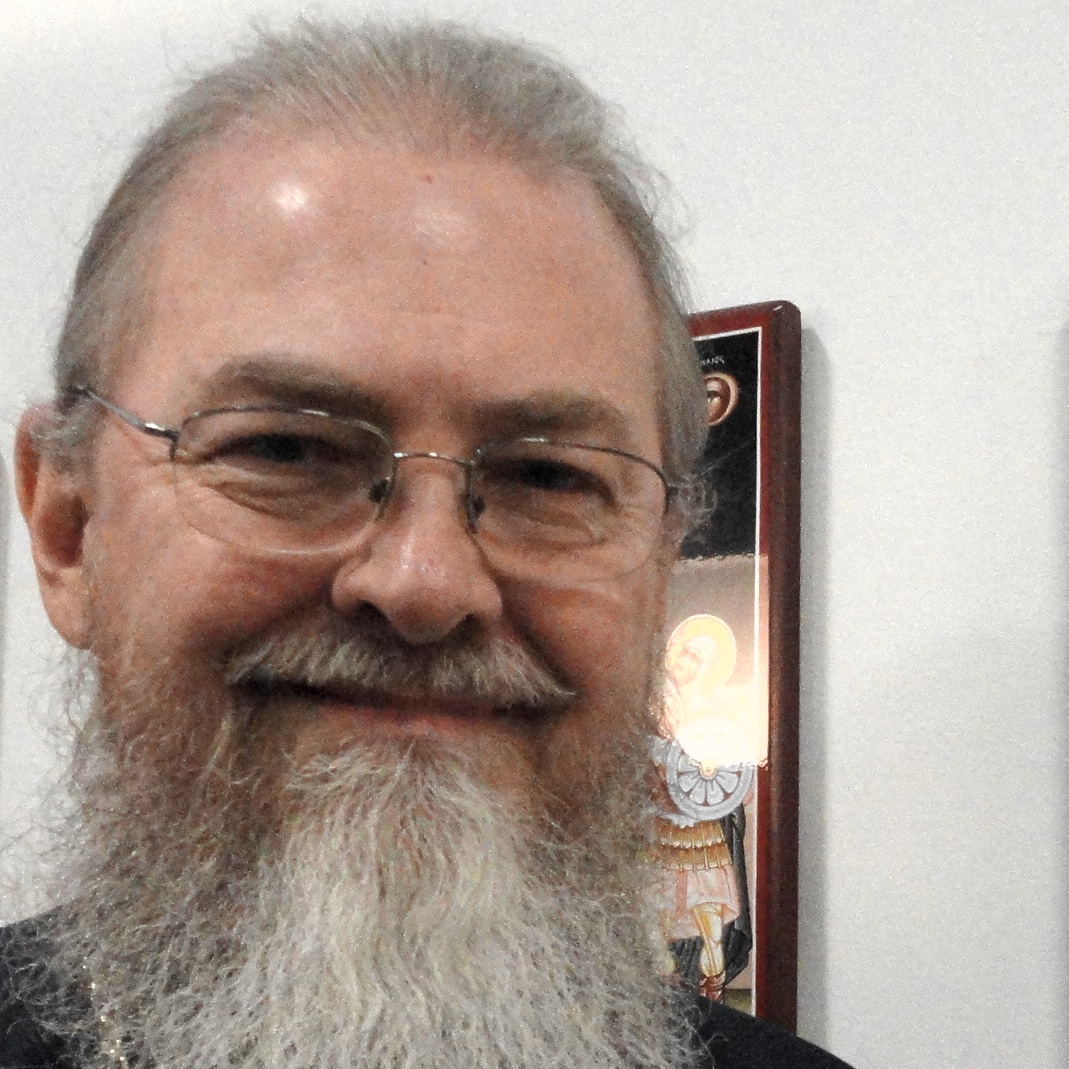On April 24, the holy Orthodox Church celebrates the memory of a wonderful, wonderful bishop. His name was Sava, the Metropolitan of Ardeal. Now Sava was actually in a royal line, if you will, in Serbia. His grandfather, the great Georgi Brankovic, was the last, perhaps, of the medieval rulers in Serbia, and because of this he [St. Sava] received a wonderful young education, taking the baptismal name of Simeon. Now, he studied and studied very, very intently, and with great fervor in his desire to become as proficient in the Orthodox faith as he possibly could, at least from a theological and intellectual standpoint. But also, after his election as metropolitan, his spirituality many, many hundredfold as well.
The young Simeon actually took a wife, and not long after his marriage, she reposed. So he struggled along for 10 years as a parish priest before finally being called to the holy episcopacy in which he was given the name of Sava after the great St. Sava of Serbia.
Now this particular time period was a difficult one in Serbia. This would be the late 16th, early 17th centuries, and at the time Serbia was facing a battle on three fronts. One was the incursion of the Ottoman Turks, which caused them all sorts of problems. The other was encroachment of the Latins, who were very much wanting to help the Serbs in their fight against the Turks, but it came with a price. So Bishop Sava said that he would much rather be under the Ottomans than to embrace the heretical faith of the Latins. But yet there was a third front that was coming in that was almost more devastating than the previous two combined, and that was Calvinism.
Cyril Lucaris, the patriarch of Constantinople, had released a catechism that was thoroughly Calvinistic in nature, and this was perhaps not too surprising in that, because of the Ottomans, where theological education came to a standstill, many of the priests and future bishops were being educated in the West. Calvinism was becoming an increasingly difficult thing to deal with. After Sava was made metropolitan of Transylvania—because the lines [between] Serbia [and] Romania were a little bit more blurred back then—he fought for the next 20 years in every way he could against the heresies of Protestant Calvinism.
It was winning, actually, at that point, but he kept fighting. He set up printing presses, he printed service books, he printed catechisms. He encouraged people pastorally to emulate the great saints of the Church and the great ascetic ideals of the Orthodox faith. He was indefatigable in the way that he did this for a long, long time, all the way until his repose at the age of 66. By that time, he had actually made some inroads. He had actually stopped the spread of Calvinism, and genuine Orthodoxy was slowly being rediscovered.
But these things take time. Once they seep into the consciousness of the Church, especially the rather easy theological premises of Calvinism as opposed to the actual ideals of Orthodoxy, where we become godlike through God’s grace and our cooperation with it, these things were still very difficult to defeat. Once Protestantism took hold, because of its easy nature and because of its easy promises, it was something that was difficult to eradicate. Yet because of St. Sava’s really difficult struggles against these particular heresies, as I said, on three fronts, he was able to help restore a sense of normalcy to the Serbian people in what was a very, very difficult time.
His efforts and his ideals should show all of us the necessity for knowing and maintaining the Orthodox faith, for the Orthodox faith is the only one that gives us free and open access to God. It is the only one where God comes to us personally and transforms our nature and makes it into something completely new, returning us to that paradise of old. St. Sava of Ardeal knew this, and he struggled mightily for it, and because of this we also should emulate his own efforts and his own ideals in the proclamation of our holy Orthodox faith, the only true faith that can save.

 Fr. Steven Ritter
Fr. Steven Ritter